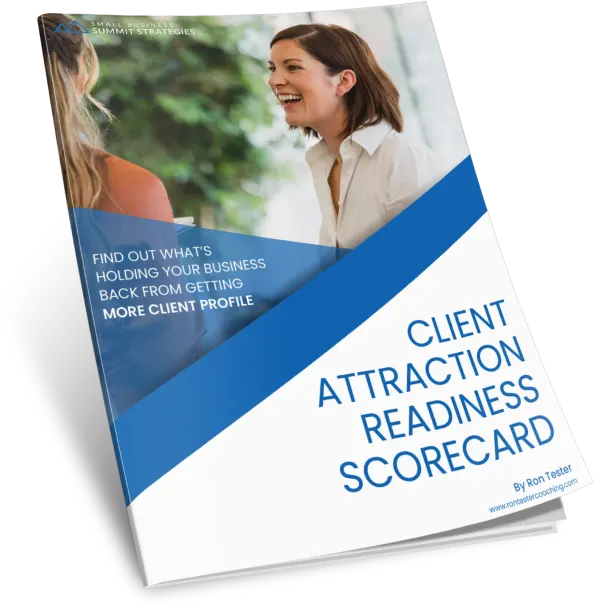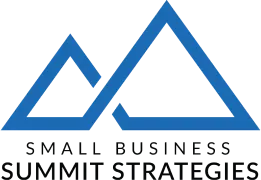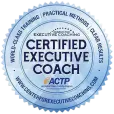
Stop Overthinking, Start Testing
(Why Your Best Business Decisions Start as Experiments)
What Marcus Aurelius Knew About Success That Most Entrepreneurs Ignore
Marcus Aurelius wrote, “So make your choice straightforwardly, once and for all, and stick to it. Choose what’s best. Best is what benefits me.”
You’ve been sitting on that idea for months. You’ve researched, planned, tweaked, and second-guessed every angle. Meanwhile, someone else with half your knowledge and experience has already launched, made their first sale, and is learning what actually works.
Jeff Bezos makes billion-dollar decisions with 70% of the data. Why are you stuck perfecting a $1,000 offer?
Overthinking feels smart—but too often, it’s just procrastination in disguise. You tell yourself you’re being strategic, that you just need more time to get it right. But be honest: Are you planning—or are you just scared to move?
We Thought We Had a Winner… Until We Didn’t
We thought we had a winner. The numbers lined up, the market seemed ready, and everything pointed to success. We launched a test and got… crickets. Absolutely nothing.
That’s the beauty of testing—you get real answers, fast.
Instead of betting everything on an unproven idea, we ran a small-scale test. And when the results came back with no traction, we could pivot without taking a massive financial or operational hit.
I’ve learned not to argue with data. If reality says something isn’t going to work (after a fair trial), there’s no point in wishing it were different. Because we had run it as a test rather than a full launch, we could learn the lesson and move on without devastating our business.
Have you ever found yourself sitting on an idea for months, convinced it needs to be perfect before you take action? Meanwhile, someone else—less experienced, less knowledgeable—has already launched and is getting real feedback. Frustrating, right?
Small Tests, Big Lessons
Early in my business, I spent low five figures on TV commercials. It wasn’t a business-ending amount, but it wasn’t cheap either. The campaign failed. But that failure taught me something valuable: advertising to a general market wasn’t effective for our services. I confirmed this through tests in newspapers, magazines, and other media.
Each test had a cost, but each one taught me a valuable lesson. Eventually, saying “no” to certain marketing opportunities became easy because I had enough data points to know what wouldn’t work.
I see this pattern now with my coaching clients. One client agonized for months about raising her rates. She worried about losing clients, damaging relationships, or pricing herself out of her market. When she finally tested a substantial increase, she was shocked by how little resistance she encountered.
The difference? Testing gave her real data instead of imagined obstacles.
Learning from Tech Startups
Tech entrepreneurs figured this out long ago. Steve Blank and Eric Ries revolutionized startup methodology by emphasizing rapid testing over perfect planning. While their books focus on software development, their core principles apply perfectly to service businesses:
Get Out of the Building Instead of guessing what your market wants, talk to real people. Have actual conversations. Test real offers. Blank’s emphasis on customer development puts real feedback ahead of assumptions.
Build-Measure-Learn Ries’s framework changed how startups operate:
- Start with a minimum viable offering
- Measure actual response
- Learn and adjust based on results
Focus on Real Results Ignore vanity metrics. Watch what people actually do—especially with their wallets. A thousand likes mean nothing if no one buys.
Applying These Principles in Service Businesses
Here’s how these principles work in practice:
- Get Out of the Building: Instead of spending months perfecting your new coaching program, talk to potential clients about what they actually need. Test your ideas in real conversations before building anything.
- Build-Measure-Learn: Start by offering your new service to a small group. Test different price points with new clients. Try one marketing channel at a time. Each small test gives you real data about what works.
- Focus on Real Results: Don’t get distracted by positive feedback or social media engagement. Watch what people actually buy and what they’re willing to pay for. Let real client behavior guide your decisions.
A Practical Approach to Testing
If you want a no-BS approach specifically designed for small businesses, I recommend reading Million Dollar Weekend by Noah Kagan. Unlike the tech-focused methodologies, Kagan’s approach is perfect for coaches, consultants, and other service providers. He shows how to:
- Identify high-potential opportunities by analyzing real market demand
- Develop quick business plans that test viability
- Run 48-hour validation challenges to get actual paying customers
- Focus on solving real problems instead of “nice-to-have” services
- Build your “ask muscle” by overcoming fear of rejection
If you’re stuck in endless planning mode, this book will help you shift into action.
Making Testing Work in Practice
Modern tools make testing easier than ever. You can:
- Use landing pages to test new offers
- Try different price points in different channels
- Test messaging on small audience segments
- Gather feedback through quick surveys
But the principle remains the same: small tests yield big insights. Here’s what this looks like in practice:
Start Small Begin with a limited group or specific segment of your market. When we tested new services at my agency, we’d often start with just one referral source or one type of patient. This let us refine our approach before scaling.
Set Clear Parameters Define what success looks like and give yourself a deadline. When I ran that TV commercial test, we had specific metrics and a set timeframe. When it didn’t hit those marks, we knew to move on.
Learn Fast Document everything and apply lessons immediately. Each test, whether it succeeds or fails, should teach you something specific about your market.
The Power of Inertia
One of my business mentors said something that stuck with me:
You can be in business for 10 years, or you can relive the first year 10 times.
If you don’t act consistently, testing, learning and improving along the way, you never build momentum. You’re constantly restarting instead of compounding your progress.
Jim Collins calls this The Flywheel Effect. Small, consistent efforts build momentum. At first, pushing the flywheel takes work. But every turn builds on the last. Eventually, it gains so much speed that it moves on its own.
The alternative? Stopping and starting. Never getting real traction. Staying in the cycle of overthinking, hesitating, and missing out on growth.
If you hesitate long enough, your competition—not necessarily people who are better than you, just people who take action—will pass you by.
Stop Waiting, Start Testing
You don’t need more time. You don’t need more planning. You need action.
- If you’ve been waiting to raise your prices—test it with three clients this week.
- If you’ve been thinking about launching a new offer—sell it first, build it after.
- If you’re unsure whether a new marketing strategy will work—run a 30-day experiment.
Not sure where to start? Try this…
- Pick a new offer.
- Test it with three people.
- Gather feedback and adjust.
Success isn’t about perfect decisions—it’s about fast decisions, real-world learning, and continuous improvement.
What’s one thing in your business that you’ve been overthinking?
What will you test first?




